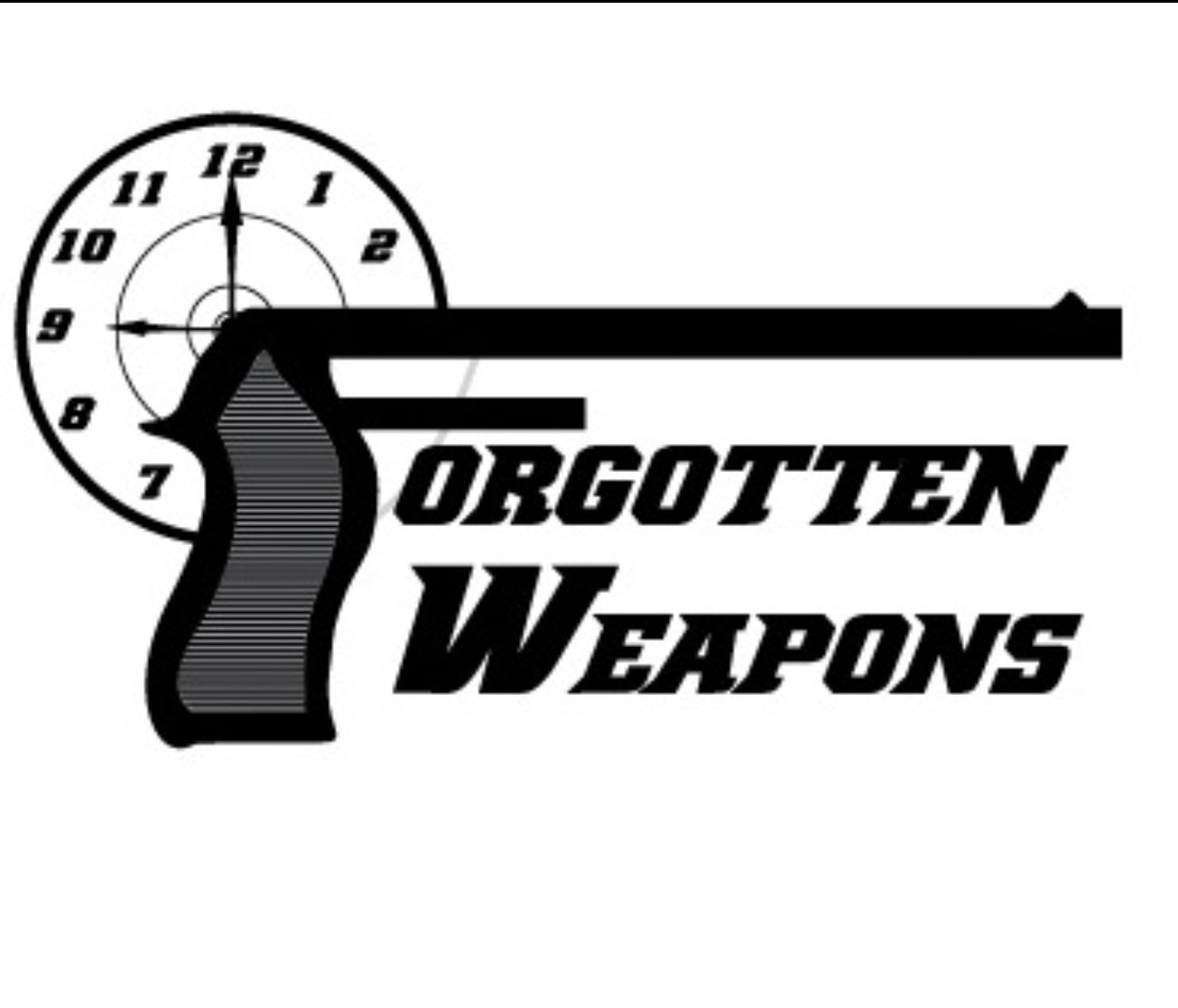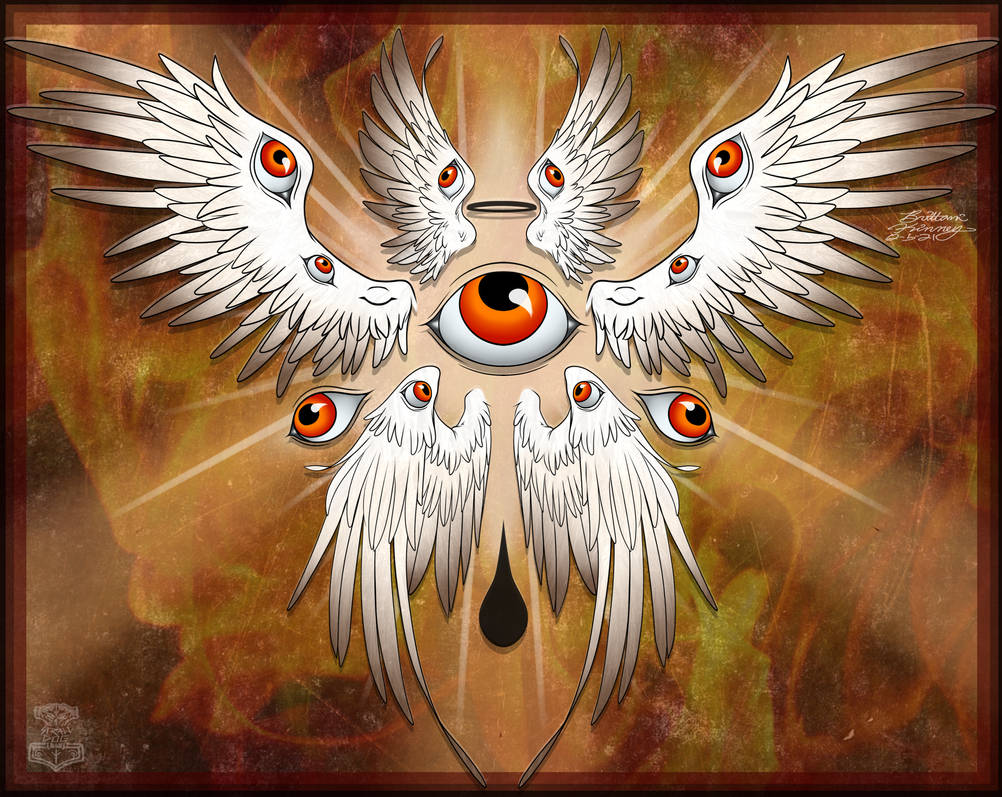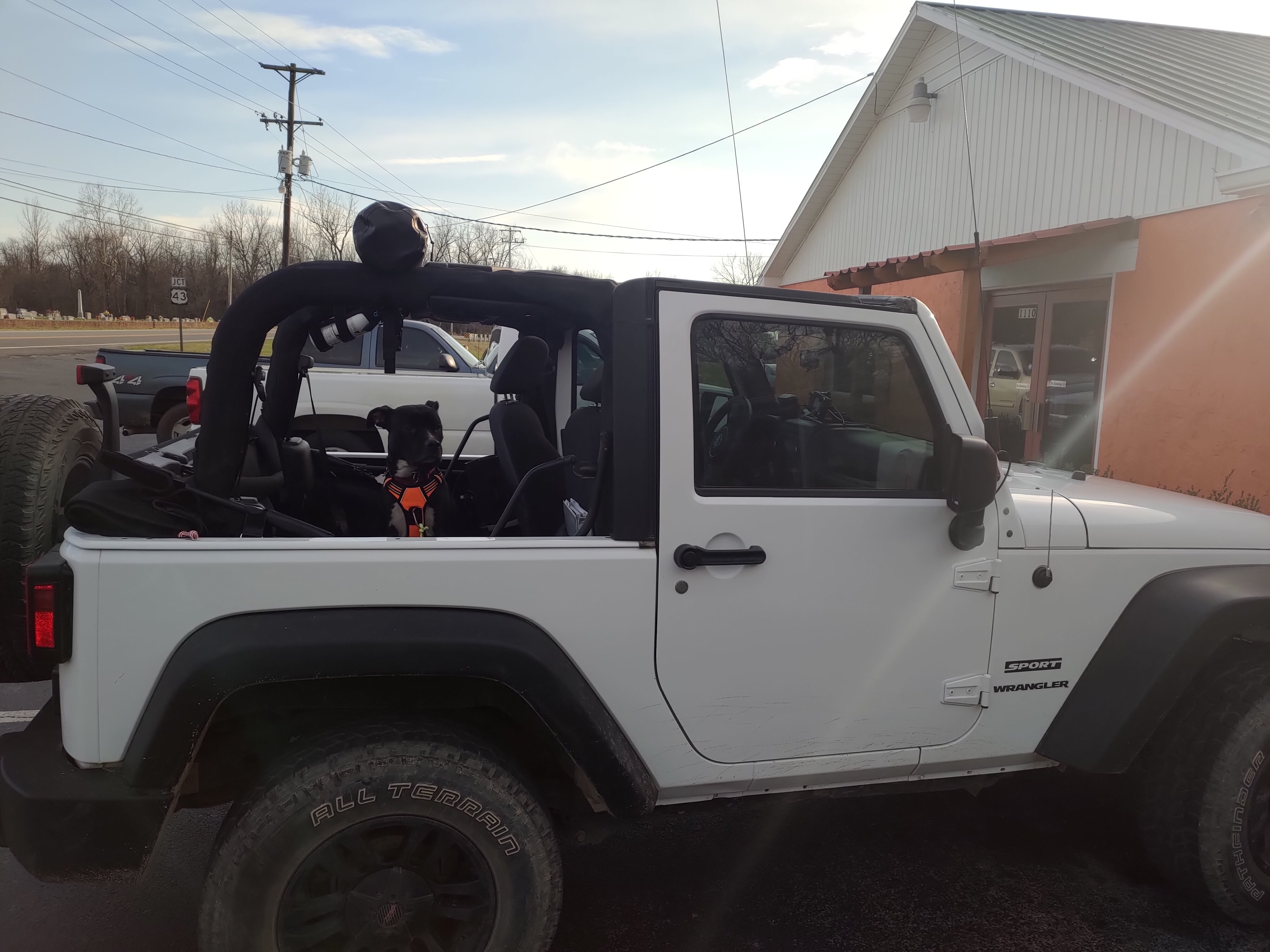Sir Joseph Whitworth is quite the famous name in engineering circles, credited with the development of such things as Whitworth threading (the first standardized thread pattern) and engineer’s blue. When he decided to make a rifle, he decided that he could make flat surfaces more precisely than round ones, and chose to design a rifle with a hexagonal bore and mechanically fitted bullets.



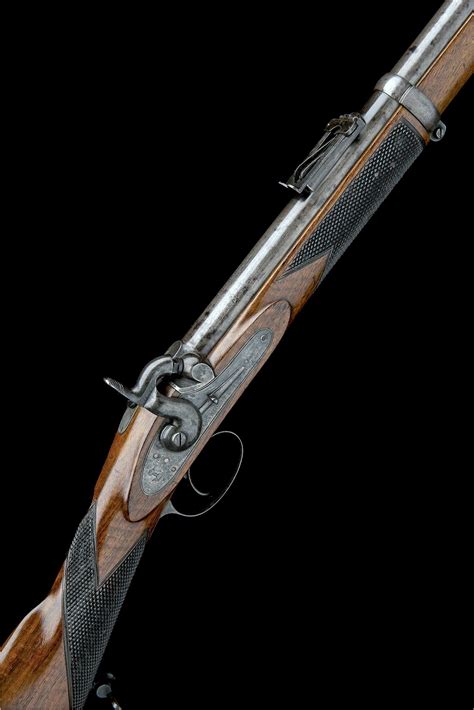
Video: [15:19]
https://youtu.be/Hi-S_horZGk?si=
Ian makes a correction to the original video: [7:18]
https://youtu.be/cUd2RQGfL7E?si=

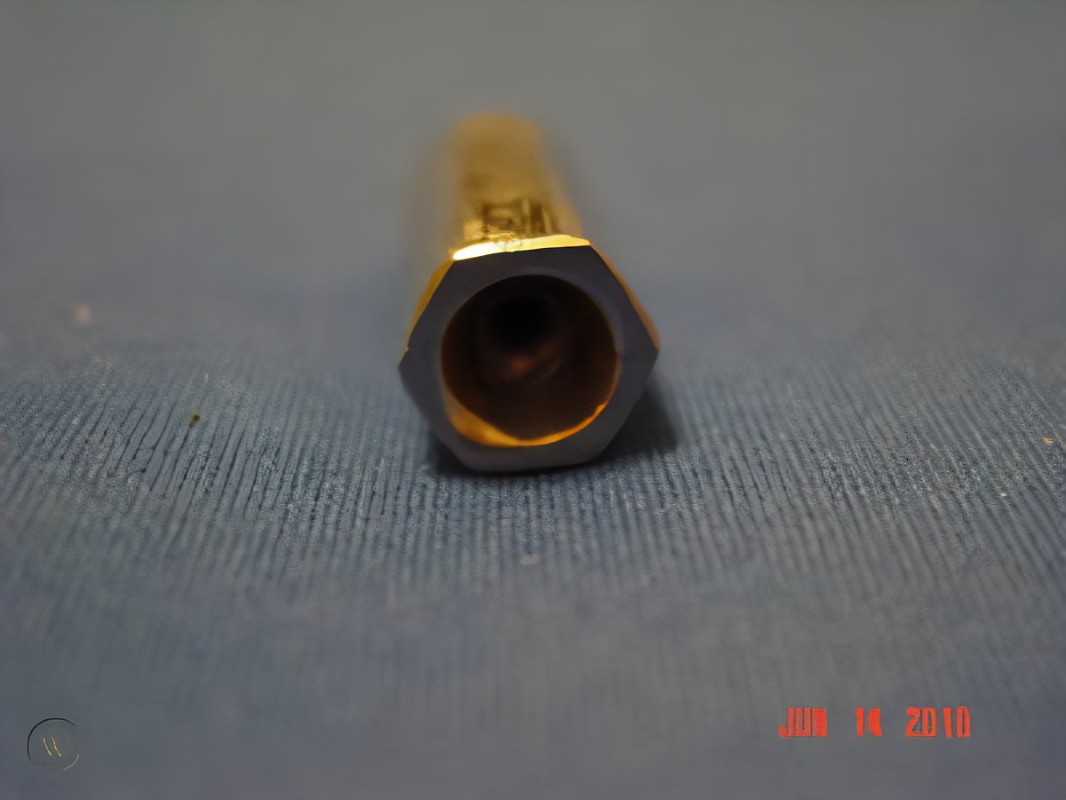
Sir Joseph Whitworth is quite the famous name in engineering circles
How ironic.
Well alleight then, from now on I’ll call my hip group of engineers The Hexagon. You’ll have to tell Jimbo that he’s out, though, as he was the seventh member.
Hexagons are bestagons.
Vi, is that you?
Looked up how to drill hexagonal holes and came up with some answers for holes that weren’t much deeper than their width… Really not sure how this would be done for a rifle bore, though. Is there twist to the bore? Seems like a nightmare to manufacture.
I think it would just be a broach. Pull a twisted broach through it.
Pretty sure that rifling nowadays is sometimes done this way. I think it’s called polygonal rifling.
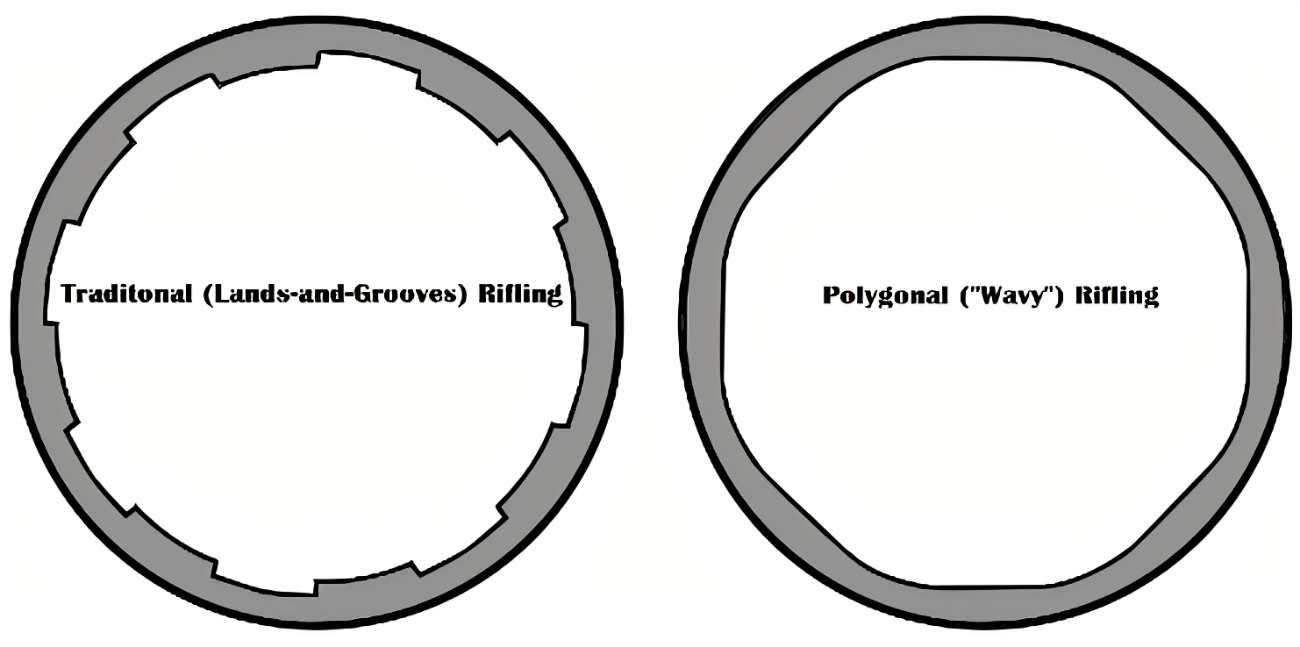
Polygonal rifling is commonly found on nearly all Glock pistols along with many of Heckler & Koch’s guns just to name two brands. I think technically the mechanics of the Whitworth rifling differentiate it from modern polygonal rifling, but that’s me being very technical and pedantic.
Button rifling is common, but as I understand it the machines are pretty expensive, so it’s the big players doing that, mostly. There’s still plenty of traditional cut rifling too. IIRC, the cut rifling ends up with a better finish and doesn’t get as much stress imparted to the steel.
But isn’t the spin of a bullet part of why it’s so destructive? Super interesting!
Spinning helps with range and accuracy. How destructive a bullet is more because of its weight and speed, which is controlled by how much propellant like gunpowder.
Spinning “rifling” is what makes a bullet go straight. Before then, you’d just have to hope it hits in that general area you’re aiming for. Any imbalance in weight would steer the bullet then.
Is this a carabeene ?
It had a 33 inch barrel, I would consider it to be a full length rifle.
Carbines when referring to guns of this period are typically shorter in barrel length that rifles or muskets.
Here’s a video from Ian on the differences:
Thank you for your answer! But I was mainly making a joke because of the hexagonal “bee” shape of the barrel :)
Good thing for me we don’t have r/whoosh here.
I hesitate to ask but has some Muppet tried square or triangular bullets before?
I think I can guess how well they’d work 😅
The Dardick used triangular rounds but I think the actual bullets weren’t triangular.
Do we use round bullets today because he was wrong about his assumptions, or was he correct, but round is easier and cheaper to manufacture?

